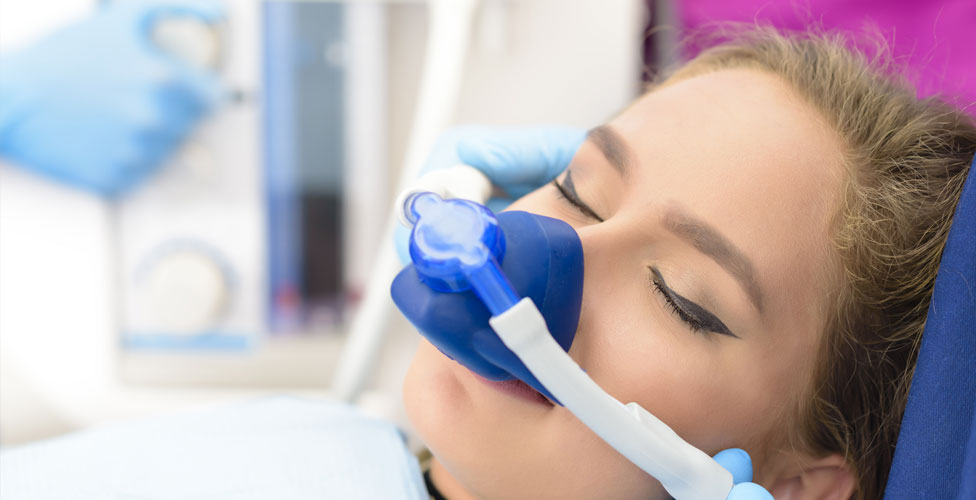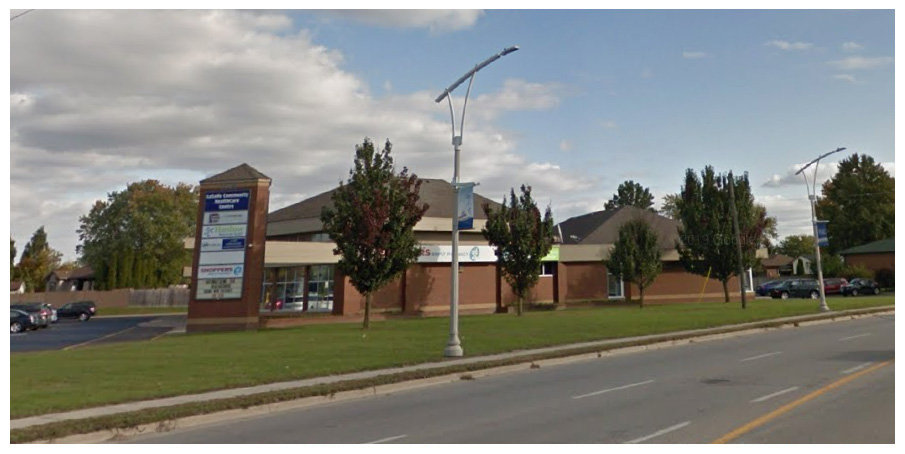If a trip to the dentist's office makes you anxious, there's an option available that could help put you at ease: Sedation Dentistry.
Sedation Dentistry — also known as Sleep Dentistry — is a popular option for anxious patients. It's when a patient receives medication to relieve their anxiety and minimize any discomfort during a dental visit.

Almost any adult or child is a candidate for our LaSalle Sedation Dentistry. It's particularly useful for patients with a fear of dental visits or a history of anxiety or panic attacks. It's also preferred by patients who would simply rather not be "aware" during a procedure.
We can tailor the level of sedative to suit your needs, with mild to moderate sedation available. Depending on the level of sedation you need, we may administer the sedative medication orally or by intravenous injection. Most patients find that the sedative effect is similar to a state of dreamy sleepiness. Some patients fall asleep, while others remain awake but don't notice the dental work being performed.
Patients may go home following Sedation Dentistry but cannot drive for the rest of the day — and must be accompanied by a responsible adult. The medication wears off very quickly but could leave you feeling unsteady for the first few hours.
Please contact our practice today to learn more about Sedation Dentistry in LaSalle, and how it could make your visits more comfortable.
FAQs
- Does my dental insurance cover Sleep Dentistry?
- It depends on your coverage, but most dental plans cover sedation when administered with oral surgery. We would be happy to help you understand your available coverage, so please ask us at your next appointment.
- What do I need to know before the procedure?
- Please don’t eat for 6 hours or drink any liquids for 2 hours prior to your procedure. You will need to wear short sleeves, and you need to arrange for a drive home from the procedure.
- What happens during the procedure?
- You'll be given an oral sedative just before the procedure to relax you. If we are providing IV sedation we’ll take your vital signs and begin an IV. You may also receive a local anesthetic depending on the procedure. When the sedative takes effect, you'll enter a dreamy, euphoric state, and may or may not fall asleep. Your mouth and jaw muscles will be relaxed while we work on your teeth, and you won't realize — or won't care — what is being done. A nurse will monitor you carefully the entire time, ensuring your total comfort.
- What happens after the procedure?
- You may feel a bit unsteady on your feet, but the medication wears off fairly quickly. You must be accompanied home by a responsible adult, and you cannot drive for the rest of the day. Once you're at home, you should rest quietly, but you can eat normally (providing you don't have dietary restrictions because of your procedure).
- How do children respond to Sleep Dentistry?
- Sleep Dentistry is a great solution for children who are anxious or fearful of dental procedures, or for children who simply could not remain still and calm during a procedure. Younger children may receive oral sedation only, or oral sedation with nitrous oxide, but these options will be discussed with parents in the initial consultation. After the procedure, children should be closely monitored, because they will feel unsteady and could be at risk for falling and injuring themselves.
